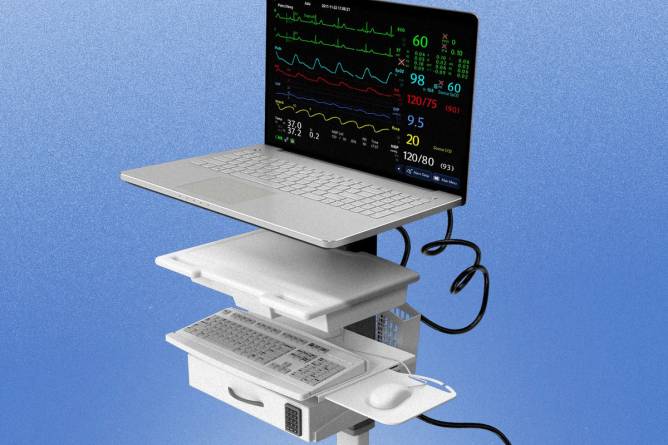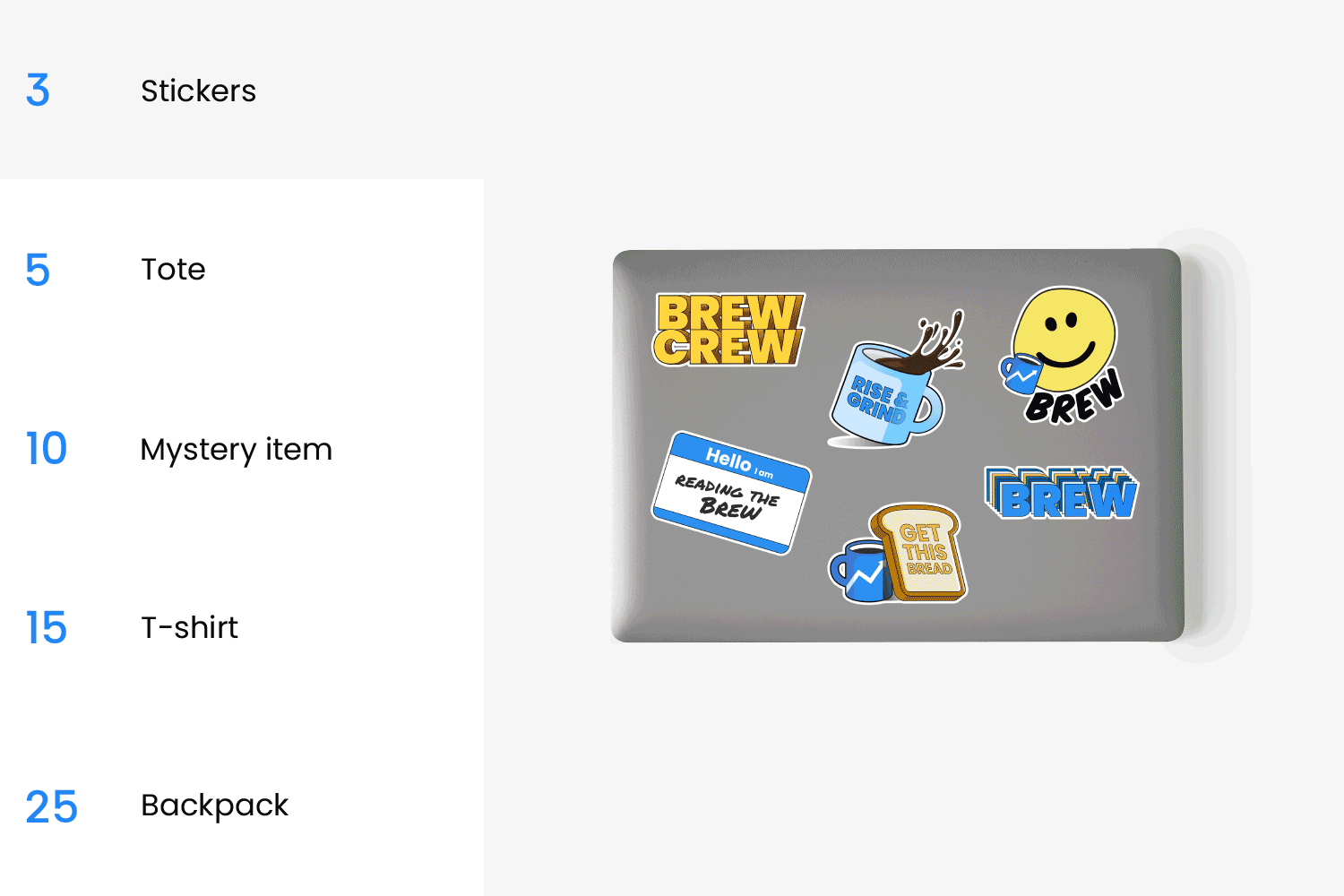|
An estimated 1.7 million Medicare members who receive hospice care every year account for about $23 billion of Medicare spending on hospice care.
A new study published on November 18 in JAMA Network found that care quality can be linked to care center ownership, with not-for-profit hospice outperforming for-profit services.
And for-profit facilities in the space are growing. In 2010, 53% of hospice facilities were for-profit, growing from 2,300 to 3,500 over a 10-year span, according to the Medicare Payment Advisory Commission. By 2020, that share jumped to 70% of 5,200 facilities analyzed, per the CDC.
Private equity (PE) ownership has also been on the rise at hospice facilities. Between 2015 and 2022, 47 PE firms bought 124 hospices, a report out of the Icahn School of Medicine at Mount Sinai found.
Meanwhile, quality of care is not always up to snuff, with the US Department of Health and Human Services raising concerns in 2023 about patient neglect and abuse. Generally, according to the Department of Justice (DOJ), about 10% of people over 65 in the US experience elder abuse each year, 5.1% of which is due to caregiver neglect.
Keep reading here.—CM
|









